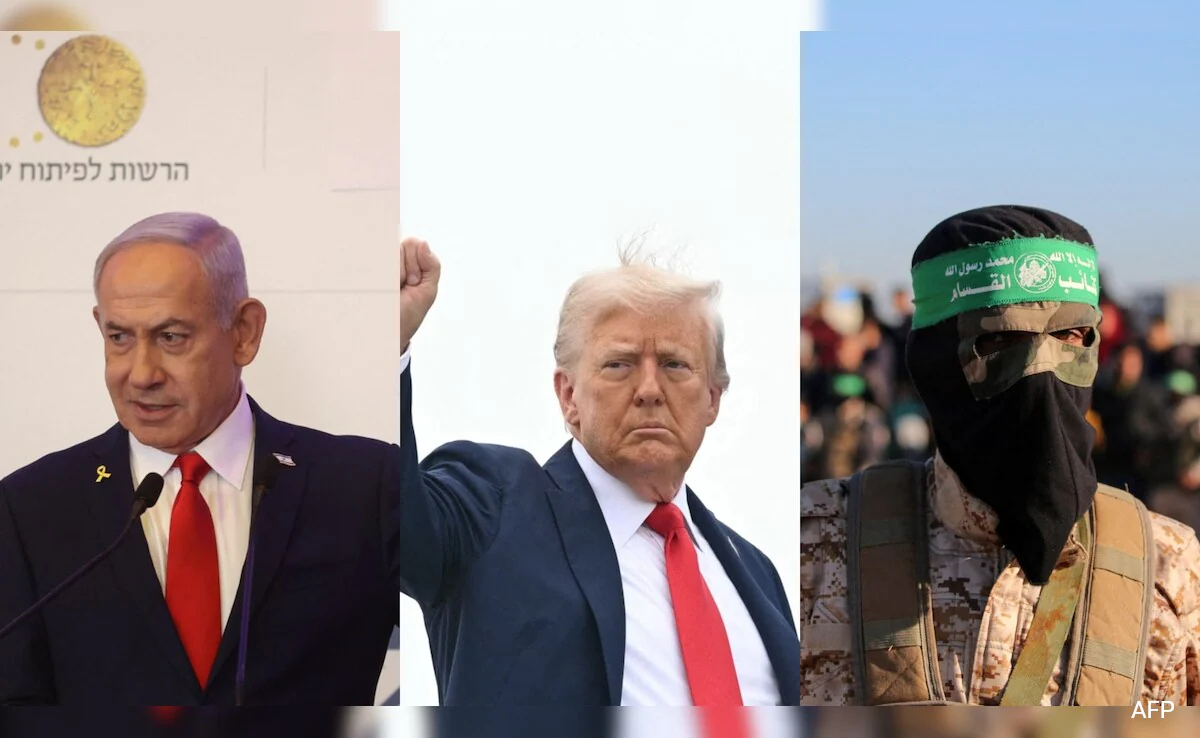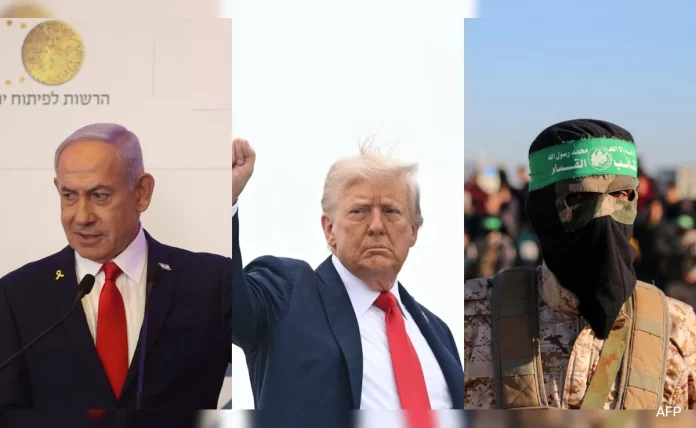
The Trump administration has proposed a comprehensive 21-point Gaza peace plan that calls for the release of all Israeli hostages and sets out a roadmap for the territory’s post-war future, according to a source familiar with the proposal.
U.S. President Donald Trump has voiced confidence, saying the two sides are “very close” to a deal, just days after his envoy said a “breakthrough” was possible following meetings with Arab states at the United Nations.
The core of the plan mandates the release of all hostages—about 20 of whom are thought to be still alive—within 48 hours of an agreement, in exchange for a phased withdrawal of Israeli troops from Gaza. Crucially, the plan would deny Hamas any future role in the governance of Gaza, instead calling for two levels of interim governance: an overarching international body and a Palestinian committee.
Though no timeline is given for the international body to pass leadership to the Palestinian Authority (PA), a body the Israeli government has largely rejected for a role in Gaza, the blueprint recognizes the aspiration for a Palestinian state, a provision that is deeply problematic for key members of Prime Minister Benjamin Netanyahu’s coalition.
The plan was presented to leaders from Muslim nations, including Qatar, Saudi Arabia, Egypt, Turkey, and Pakistan, at the United Nations, and also explicitly says Israel will not attack Qatar again following a recent targeting of Hamas leaders in Doha.
Netanyahu, however, has publicly vowed to continue the war until Hamas is destroyed, reiterating his fierce opposition to a Palestinian state while speaking at the UN General Assembly. He compared granting the Palestinians a state near Jerusalem to “giving al-Qaeda a state one mile from New York City after September 11.”
The U.S. blueprint further states there cannot be any forced displacement of Gaza’s population, countering earlier comments by Trump about relocating the territory’s entire population.
The proposal has exposed sharp divisions within the Israeli political establishment. Far-right ministers, including Minister of National Security Itamar Ben Gvir, immediately came out in opposition, threatening to collapse the government if the war comes to an end before Hamas is eradicated.
Ben Gvir stated that Netanyahu “does not have a mandate to end the war without the complete defeat of Hamas.”
However, Netanyahu’s Foreign Minister Gideon Sa’ar posted that he trusts the prime minister to represent Israel’s interests, and opposition leader Yair Lapid offered a crucial safety net: “Netanyahu has a safety net from me for a hostage deal and an end to the war,” ensuring a parliamentary majority despite the coalition’s internal fighting.
Meanwhile, the Israeli military campaign continues unabated, with three military divisions extending their control over Gaza City. Netanyahu is scheduled to meet with President Trump at the White House on Monday.



